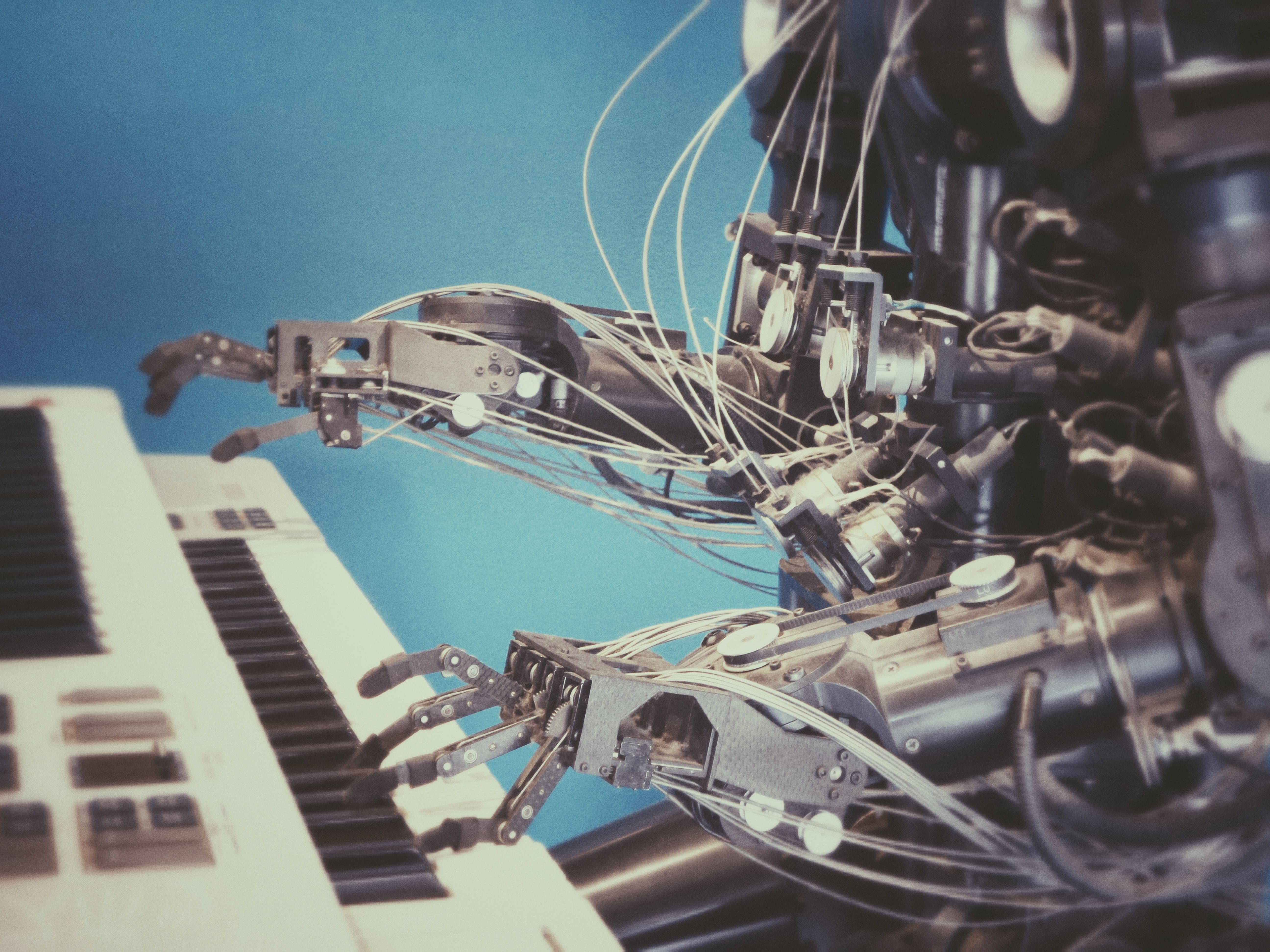AI vs. The Workforce

Artificial intelligence (AI) has been one of the most significant technological advancements of recent years, and its impact on the workforce has been a topic of much discussion. AI has the potential to automate many tasks that are currently performed by humans, and this could have significant consequences for employment. In this essay, we will explore the impact of advancements in AI on the workforce.
One of the most significant impacts of AI on the workforce is that it will automate many jobs that are currently performed by humans. For example, self-driving cars could eliminate the need for taxi and truck drivers, while automated customer service agents could replace human call center operators. This could lead to job losses in many industries, and workers who are displaced may find it difficult to find new employment.
However, it is important to note that AI will also create new jobs. For example, the development and maintenance of AI systems will require highly skilled workers, and there will also be an increased demand for workers who can work alongside AI systems to optimize their performance. This means that while some jobs may be lost, new jobs will also be created.
Another impact of AI on the workforce is that it will change the skills that are required for many jobs. As AI systems become more advanced, they will be able to perform increasingly complex tasks, which means that workers will need to have skills that cannot be easily automated. For example, jobs that require creativity, critical thinking, and emotional intelligence will become more important.
AI will also change the way that many people work. For example, remote work has become much more common in the wake of the COVID-19 pandemic, and AI could make it even easier for people to work from home. This could lead to more flexible work arrangements and a better work-life balance for many workers.
In conclusion, advancements in AI will have a significant impact on the workforce. While there may be some job losses in certain industries, new jobs will also be created, and workers will need to develop new skills to adapt to the changing job market. The way that people work will also change, with more flexibility and remote work becoming increasingly common. It is important that governments and businesses take steps to prepare for these changes and ensure that workers are able to thrive in the new economy.